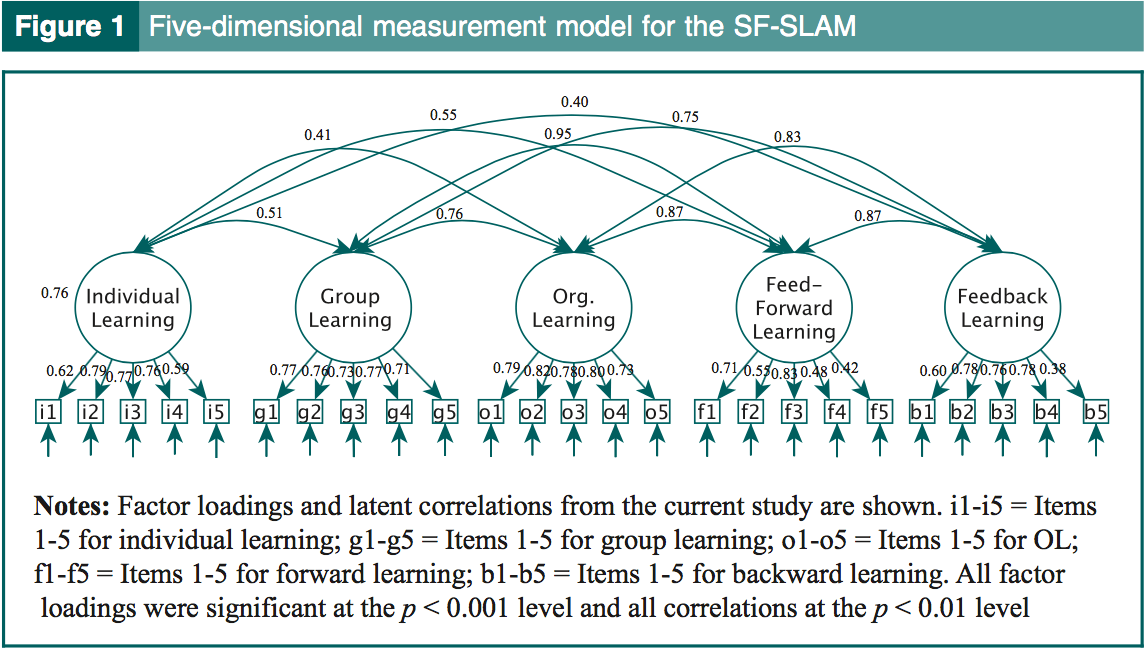- Evidence-based business needs empirical evidence
AC/DC (Assessment Center / Development Center) is my lab and psychometric handcraft. AC/DC helps you to make management and HR decisions less ambiguous with the aid of speedy, reliable, and valid people diagnostics, as for example for the composition of innovation teams or 21st Century Skill Speed Assessments. AC/DC makes soft skills hard skills by developing, validating, and applying Speed Tests.
AC/DC lasts on principles of the International Taskforce on Assessment Center Guidelines and the insights of practical Psychometricians, like me, that
- Evidence-based business needs empirical evidence for its strategic decision making. – AC/DC collects the evidence with Speed Tests.
- People assessments need speed. – Speed Tests tab into “thin slices” of behavior that work just as good or even better than prolonged observations; research confirms that Speed Tests of less than two minutesprovide inside about much longer real-world behavior.
- Individual differences areeasier to find if Speed Tests a) activate behavior relevant for the skill of interest, and b) are not too strong so that individuals still tackle the Speed Test distinctly and, therefore, engage in distinctive behaviors.
- Situational cues (aka prompts) can activate relevant behaviors. –These prompts are skill specific actions or statements in the Speed Test that are presented to the testees in a standardized fashion.
- Prompts go above and beyond test standardization. They also facilitate the evaluation of the testee. – Prompts are woven into the Speed Test, so that testers rate testees’ behavior to the prompts.
- Aggregation of Speed Tests with prompts is key to reliability. –Behavioral ratings from multiple testers and Speed Test situations leverage reliability.
The following output of AC/DC for Vodafone illustrates the empirical and conceptual structure of learning agility, assessed with Speed Tests and published in the Journal of Knowledge Management AC/DC revealed that learning agility has five dimensions and that knowledge flows bottom up and top down through the organisation via feed-forward and feedback learning. Vodafone was able to benchmark its learning agility by comparing it with the learning agility of seven other industries. To this end, I tested 434 employees and managers with the short form of the strategic learning assessment map (SF-SLAM) and analyzed the data with structural equation modeling.

Derived from: VOL. 22 NO. 1 2018 JOURNAL OF KNOWLEDGE MANAGEMENT PAGE 67
Depicted are regression weights, errors, and correlations.
AC/DC builds assessment with principles of speed, prompts, structure, standardization, evaluation, aggregation, and reliability. To find out more about my psychometric handcraft and its principles of Speed Tests, read Herde and colleagues’ (2019) celebrated peer-reviewed journal article and validation study Multiple Speed Assessments.


